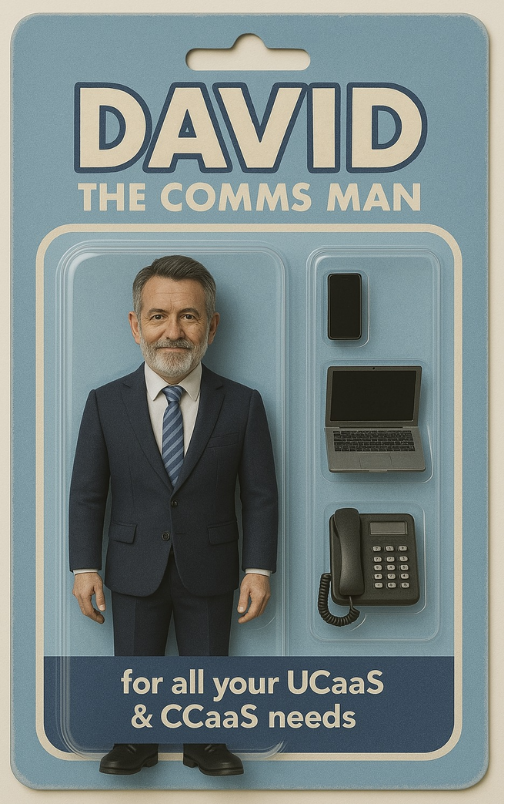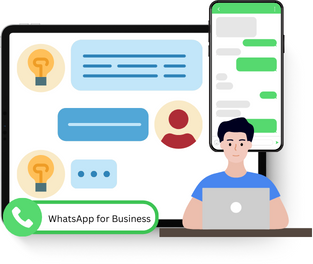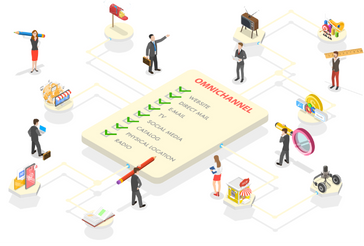What Is 5G and Why Do You Need It?
What Is 5G and Why Do You Need It?
What is 5G?
‘5G, which stands for fifth-generation cellular wireless network, is a cloud-based network that connects people on mobile devices to the internet faster than previous networks. While 4G requires cables and infrastructure to run smoothly in a neighbourhood, 5G’s cellular towers amplify cloud-based signals, which eliminate many cable-related needs.’
Pamela Bump, Hubspot.
Full fibre broadband offers unprecedented speeds and reliability, however, the rollout has been slower than anticipated, especially for businesses in remote areas. This delay in high-speed fibre connections can significantly impact productivity and competitiveness, leaving many companies looking for alternative solutions.
Enter 5G, the next-generation mobile technology that is revolutionising business connectivity. With its ultra-fast speeds and low latency, 5G provides a viable alternative for businesses awaiting the arrival of full fibre. Designed to support a vast number of connected devices, 5G is ideal for modern business environments that rely on IoT devices and smart technologies.

5G UK market snapshot:
In the first half of 2024, a Vodafone report highlighted that in the UK, small and medium-sized enterprises (SMEs) are losing out on up to £8.6 billion annually in productivity savings attributed to the slow rollout of standalone 5G networks. The primary hurdles? Insufficient investment and infrastructure challenges.
A report released by Ofcom, in December 2024 paints a more positive picture. The deployment of 5G networks is gradually increasing. Mobile 5G availability continues to expand, now handling over a fifth (21%) of all monthly mobile data traffic in the UK. Around half of all mobile handsets are now 5G capable.
And there’s more good news. The merger between Vodafone and Three UK, announced in December 2024, is set to accelerate the rollout of 5G. Their vision is to build one of Europe’s leading 5G networks, bringing faster speeds and better coverage to every corner of the country with significant investments in best-in-class 5G infrastructure.

Built for Better: People, Tech, and Service Excellence
5G is more than just an advancement in mobile technology—it’s an essential asset for businesses looking to remain competitive.. Although challenges related to infrastructure and investment have slowed deployment, progress continues, with increasing network availability and growing handset adoption.
The merger of Vodafone and Three UK is set to accelerate the expansion of a nationwide 5G network, delivering faster speeds, enhanced reliability, and new possibilities for innovation that benefit both businesses and consumers.
For companies awaiting full fibre or aiming to future-proof their operations, 5G presents a powerful and adaptable solution. As coverage expands, integrating 5G could be the key to unlocking higher productivity, improved efficiency, and long-term growth.
Coming up…
There is so much more to the 5G story, so in our next blog post, we’ll explore using mobile networks for internet access failover.

If you have any questions about how we can get you started on your 5G journey, just get in touch.
Get in touch



















 telephone numbers
telephone numbers




